Summary: Security cameras can be hacked, but this risk is minimal when you follow good practices. Use strong passwords, update your software, turn on encryption, and consider using two-factor authentication. Your system is further secured by professional monitoring and limited access. With a trusted partner such as Resolute, your cameras and property remain secure.
After deciding to invest in a security system, the last thing you want to worry about is hackers. Any device with internet connectivity can be hacked in theory, and over 40,000 IoT security cameras are currently exposed online. Still, there are several practices that, if put into action, can significantly reduce your risk of a security breach.
However, to begin with, let us talk about the back-end processes that security systems vendors have already established to prevent unauthorized access.
How Vulnerable Is Your Security System?
Most professional live video monitoring systems use end-to-end encryption, a secure communication process that “scrambles” transmitted information. The method of encryption used here blocks any uninvited third party from getting to the information during transmission between two devices, for instance, between a commercial surveillance cameras and a smartphone application. Keeping all related software updated is also essential, since updates often include security improvements that reduce your risk of compromise.
Keeping all related software updated is also essential, since updates often include security improvements that reduce your risk of compromise.
Security companies that employ technicians and professional installers also have their own strict guidelines to protect against any internal tampering. And after news surfaced in 2020 about an ADT technician who had been spying on hundreds of customers for several years, many companies became more transparent about their personnel controls.
For example, Comcast now limits exactly how much technicians can access while helping customers. Some of these restrictions block technicians from adding additional email addresses to security accounts, while others prohibit access to any security footage.
Resolute Partners puts access privileges into their own customers’ hands. Only they can decide who is granted access to their security feeds. And, internally, the company conducts regularly scheduled audits of all systems.
So, How Can Your Security System Be Hacked?
A hacker can access a system in two ways: locally or remotely.
A local attack means that the hacker must be practically present within your network or at least close enough to your wireless network solution. After getting connected, the hacker might either attempt to guess your password or disrupt your network. Such attacks are uncommon due to the fact that they need a motive, a target, and, in most cases, even physical closeness.
Remote hacking is more common because it can be done from anywhere. A data leak exposing your login information can be enough to allow access. Using the same password across multiple online accounts also increases your risk.
Will You Know If Your Security System Has Been Hacked?
Detecting security breaches might require expert assistance. However, one indicator of possible infringement could be the performance of security cameras getting worse. The system processing gets delayed when a hacker tries to get into your camera. But the delayed processing could also be due to a lack of proper internet connection, amongst other things. Therefore, it is wise to consider internet connectivity when installing the security system, as a bad connection could mean slow performance of the cameras. The security company’s regular live monitoring is the most trusted method to know if a breach has occurred.
Steps To Protecting Your Privacy
To keep your security system safe and protect your privacy, follow these key steps:
- Choose a security system from a reliable and trustworthy manufacturer.
- Prefer cameras with end-to-end encryption.
- Create strong, uncommon passwords.
- Avoid using the same password for your security system and other online accounts.
- Keep your software updated.
- Enable two-factor authentication to make unauthorized access much more difficult.
Your Safety, Simplified with Resolute Partners
Securing your security system does not have to be difficult. With Resolute Partners, you are the one in control of security and power as we provide you with full access management, regular audits, and expert help for your home or business to be secure. Contact us to protect your peace of mind.
FAQs
Video analytics uses software that analyzes video to detect threats, suspicious behavior, or unattended items, alerting security in real-time.
They are the means by which the already quite good overseas and local air travellers’ experience is improved by keeping the queues, time waits, and the whole passenger flow in sync for very fast check-in and boarding.
They provide daily passenger numbers and the location of their customers inside the airport during the time of their visit, which enables proper store layout, promotion, and customer handling.
They give insight into the flow of luggage, spotting bottlenecks or wrong shipments, and, as a result, the number of lost bags is cut down.
They suggest the development of automated and safer travel through AI-based threat detection, personalized passenger services, and automated operations.

Michael S. Blanco is the Chief Executive Officer and Co-Founder of Resolute Partners, LLC, where he leads strategic initiatives across various divisions. After owning family entertainment centers in New England, he co-founded Resolute Partners in 1996, launching the first Internet cafés for the U.S. Navy and partnering with AT&T for global deployment. A pioneer in wireless communications, Michael has expanded the company’s focus to include Energy Management/IoT, Cybersecurity, and Managed Video Security. He holds a degree from the Rochester Institute of Technology.
2 Comments
Leave a Comment
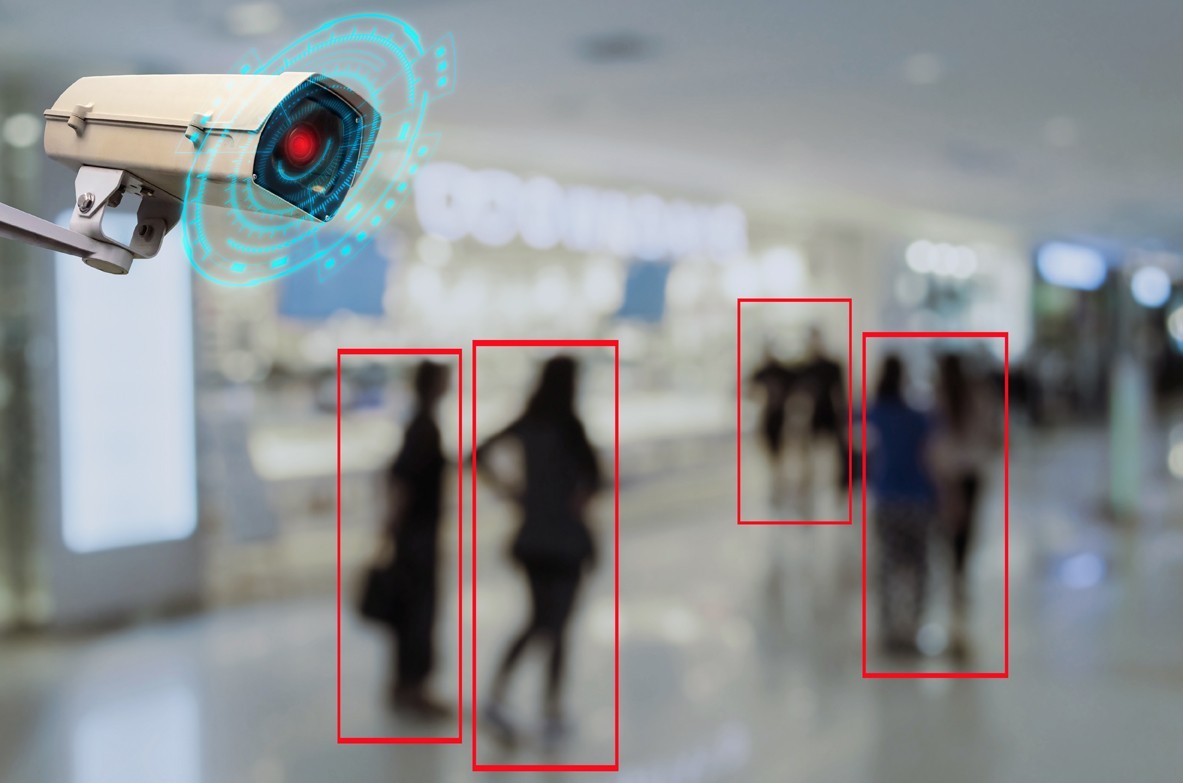
Stay up to date.
Subscribe for latest news, protection tips, special offers, and more!


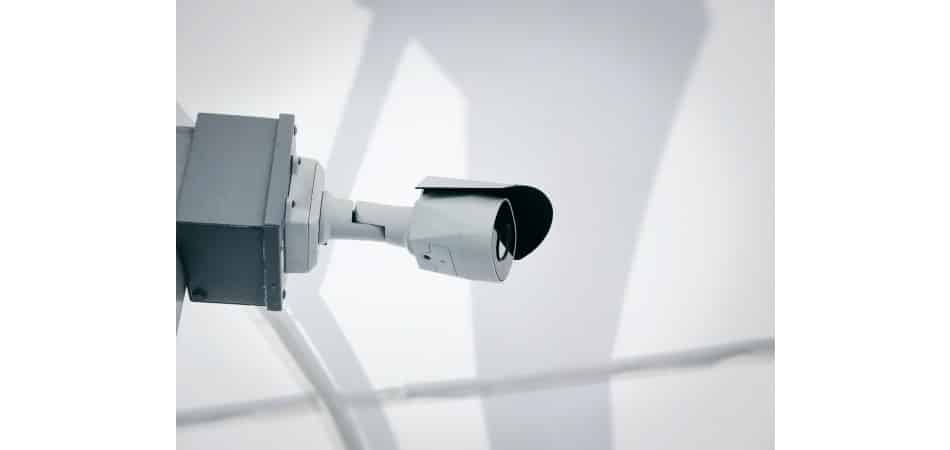
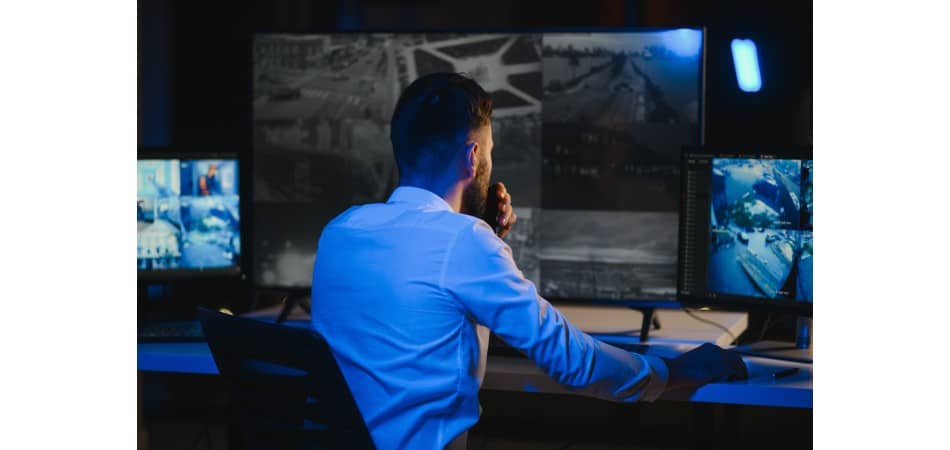
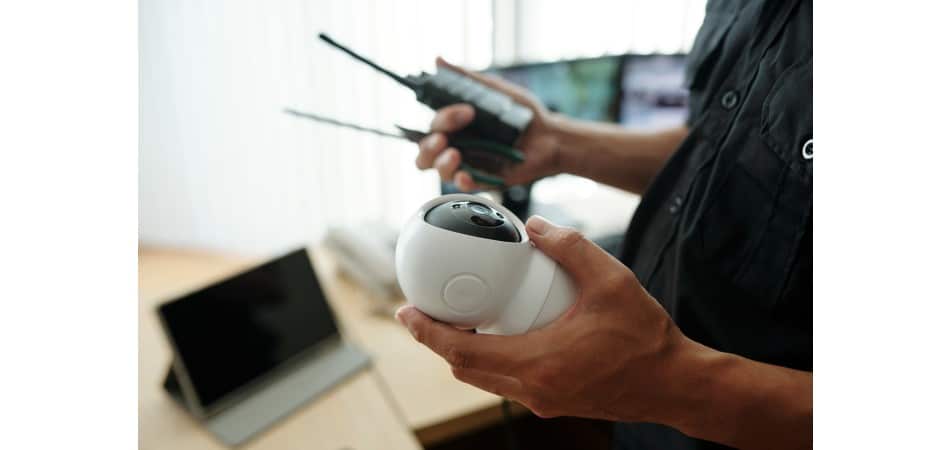


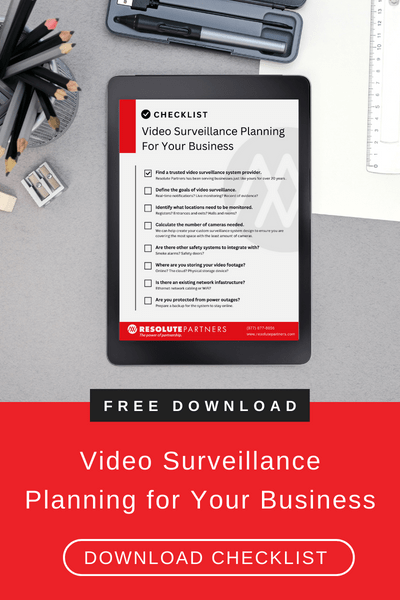
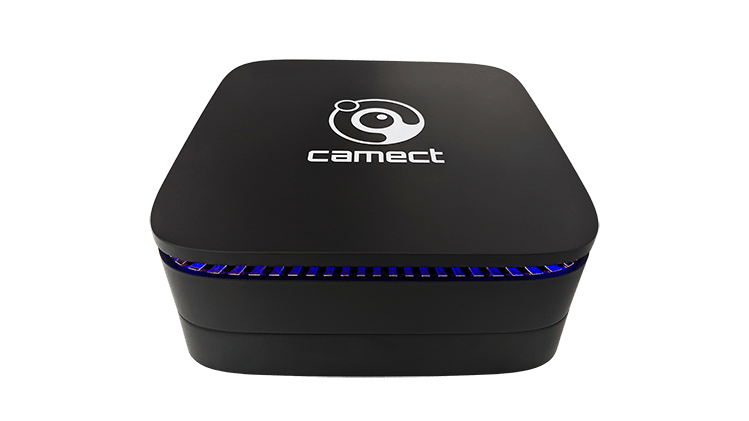
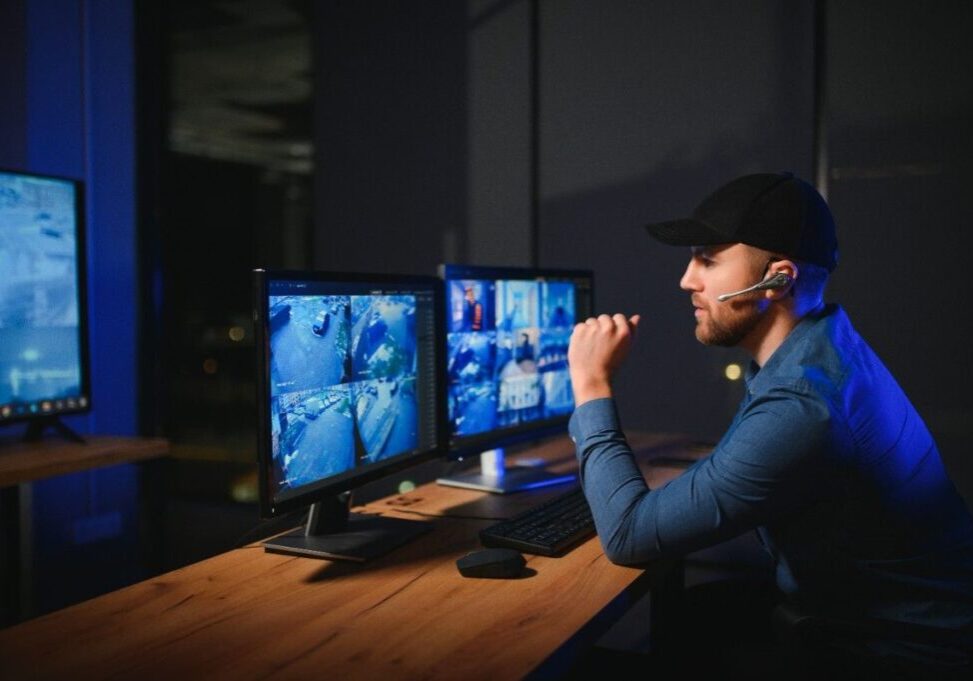
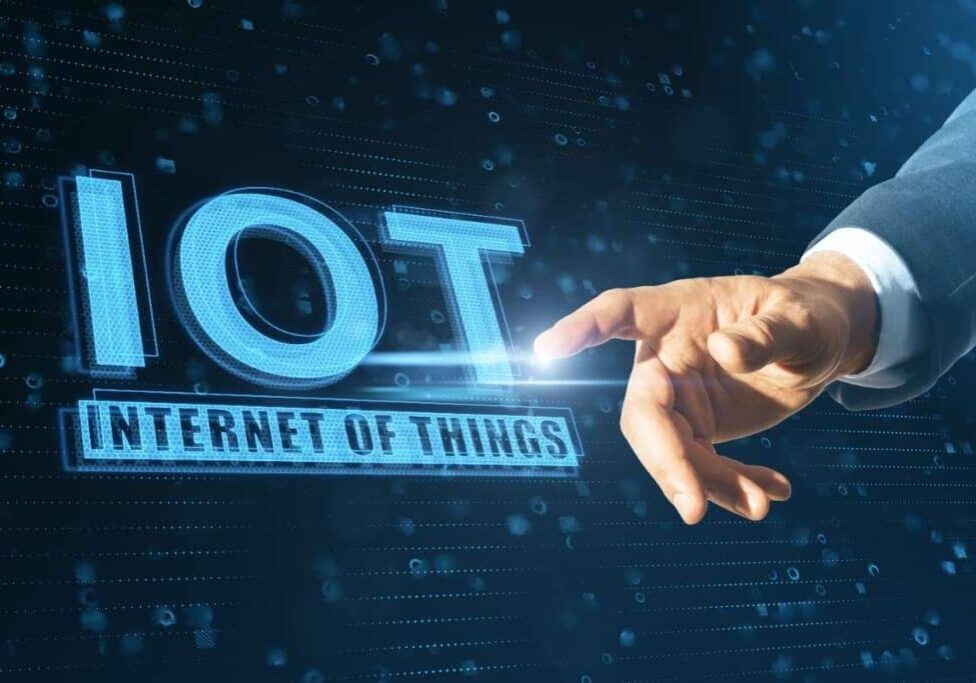
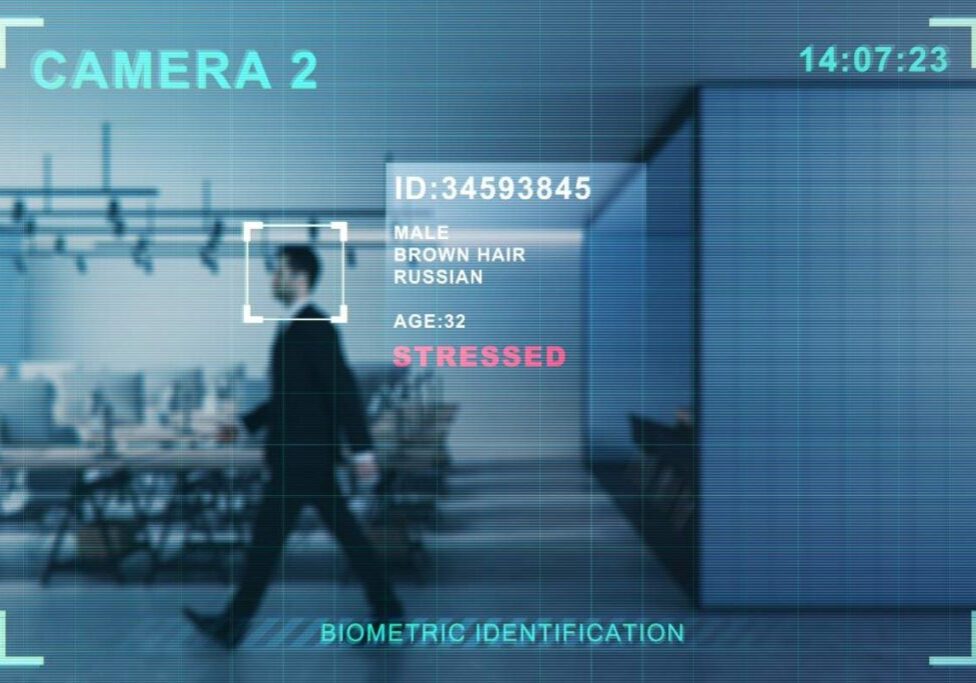
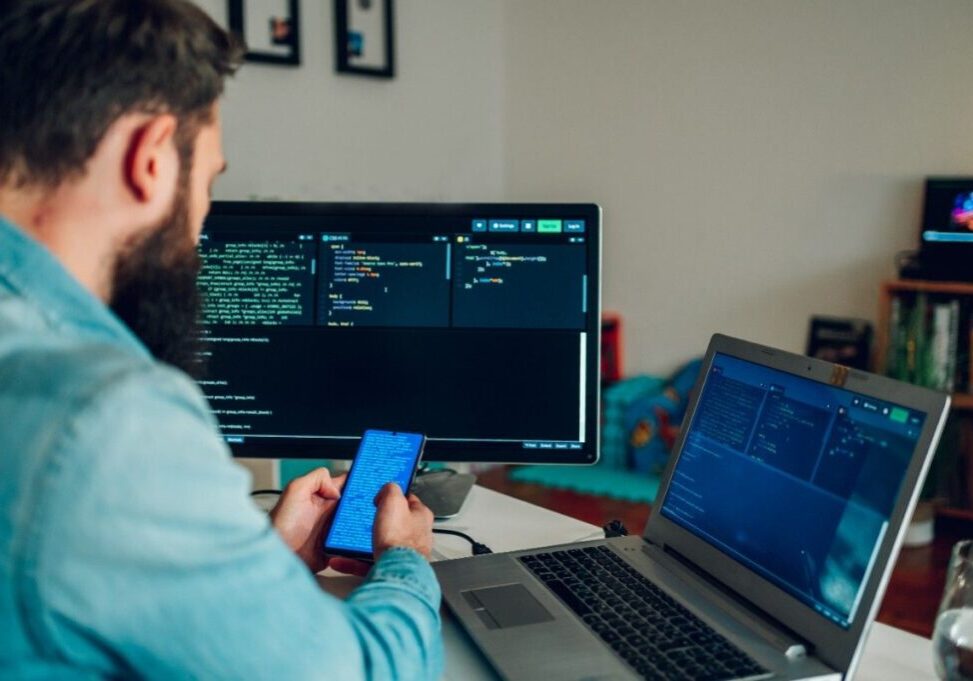
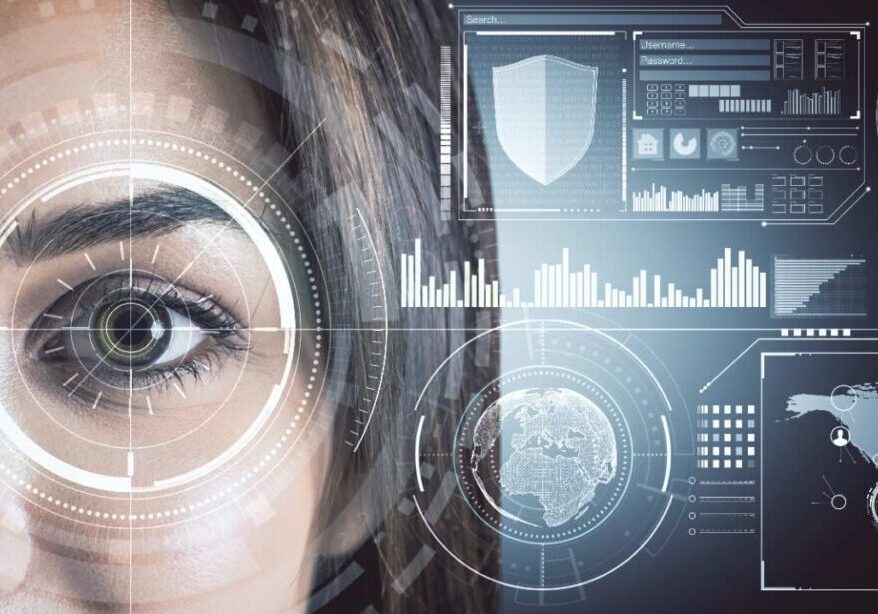

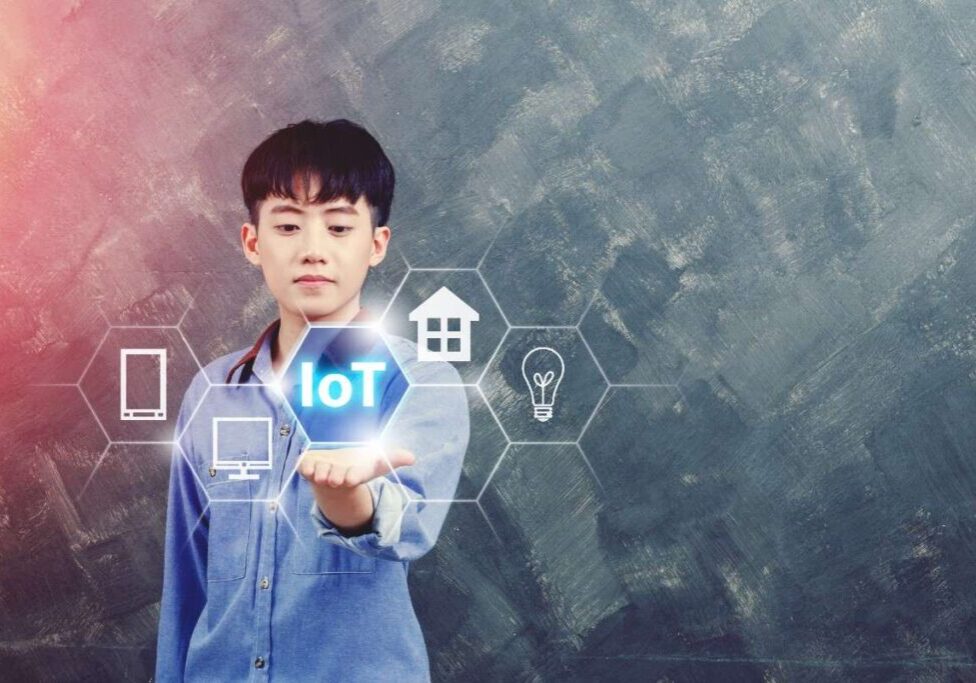
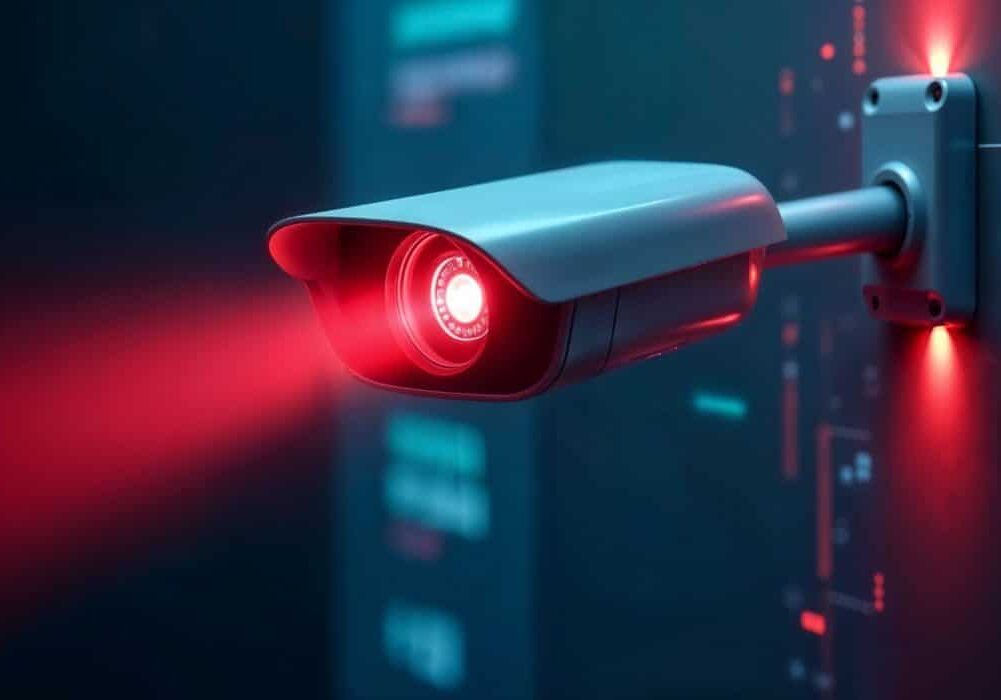
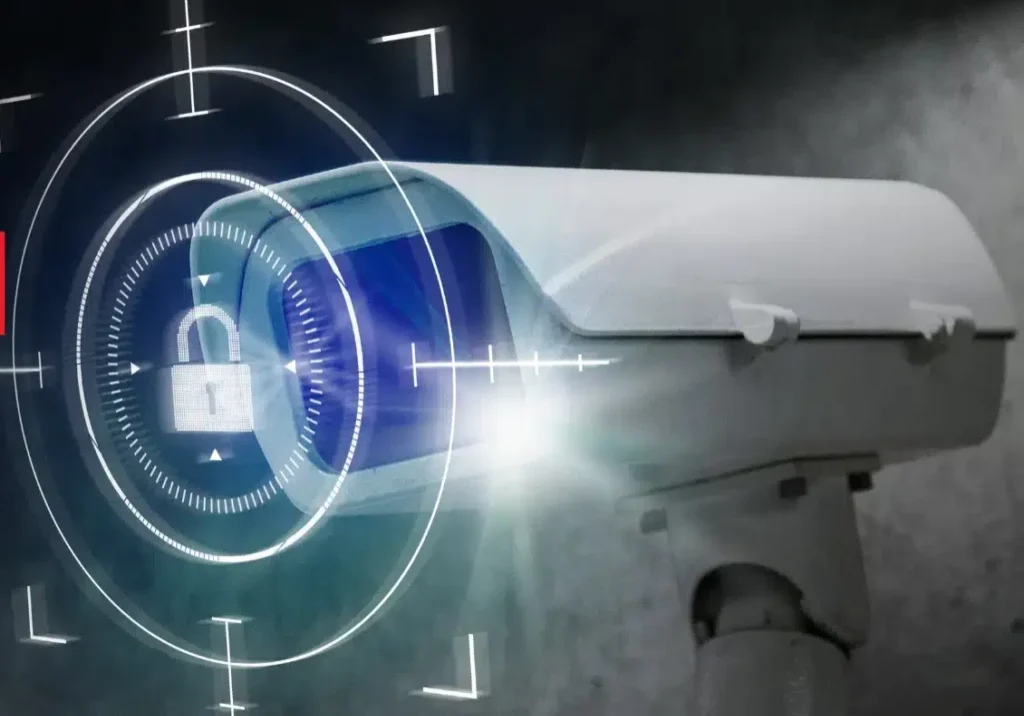
[…] And, perhaps more alarmingly, cloud surveillance systems can be more susceptible to data hacks since hackers do not need to be on a local network in order to infiltrate your system. In 2021, a group of hackers claimed to have breached a massive inventory of security-camera data collected by Silicon Valley startup Verkada Inc. The hackers gained access to live feeds of 150,000 surveillance cameras inside hospitals, companies, police departments, prisons and schools, including carmaker Tesla Inc. You also run the risk of losing recordings if the cameras do not have local storage when your internet connection is down. To learn more about different hacking methods, you can visit our blog published earlier this month entitled Are Your Security Cameras At Risk Of Hacking? […]
[…] our last post, we discussed the prevalence of security system hacks, the different ways that hackers can infiltrate your security network, and the back-end procedures […]